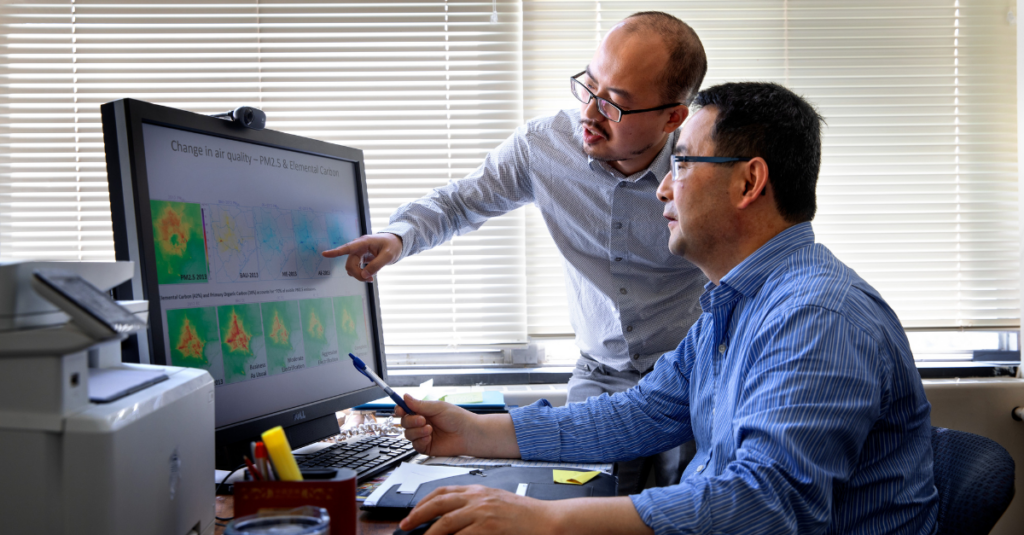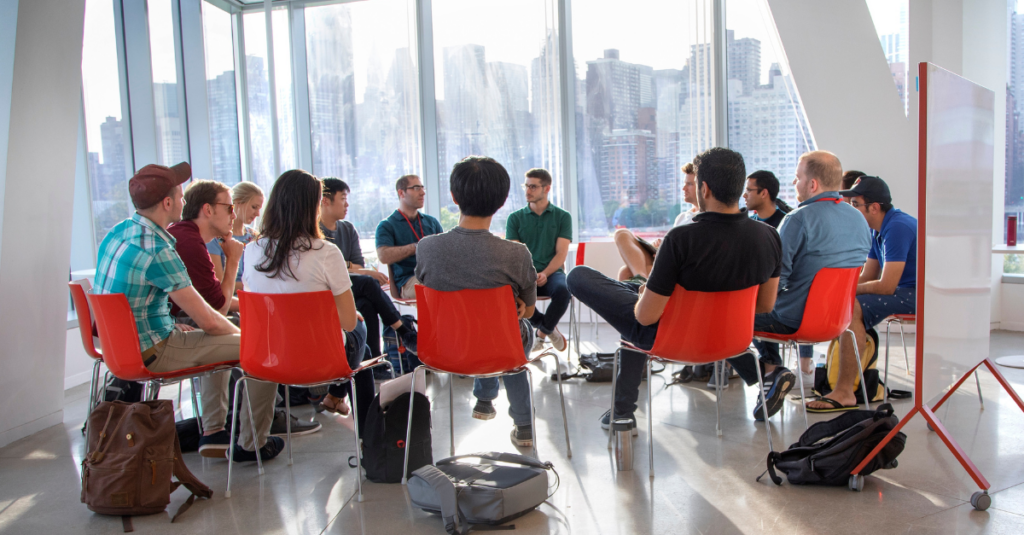3 Ways to Sabotage Your Systems Architecture

As the adage goes, those who fail to plan, plan to fail. This is especially true in a rapidly evolving tech landscape. Systems architecture – the strategic art and science of designing complex foundations for software, hardware, networks, and even interactions between humans and machines – is a discipline that can help organizations plan ahead for growth, scale operations and reduce costs.
“We live in a time in which we will be confronted with complexities from various systems, ranging from healthcare to transportation. Our leaders and practitioners, executives and engineers, must be equipped with the right tools to address those complexities,” said Oliver Gao, director of systems engineering at Cornell, where he is also the Howard Simpson Professor in the School of Civil and Environmental Engineering.
Gao, faculty author of the Cornell Systems Architecture and Management program, identified three traps managers and developers should avoid to ensure their systems are successful.
1. Starting from scratch
“Systems architecture combines creativity and analytical rigor,” Gao said. “It is the most powerful way of thinking and making decisions to overcome challenges that are totally different from the challenges our ancestors faced.”
Yet, leaders do not have to reinvent the wheel. By leveraging current structures, organizations can extend the life of a system that has more function than flaws. This process can ensure that valuable data and performance is not degraded. While unproven methods for mapping form to function have higher risks for failure, building upon an established foundation can save time in development and deployment. Integrating with existing systems also preserves investments from the past.
According to Gao, a well-architected system makes an organization more agile and resilient against unknowns. To adapt and innovate faster, both engineers and team leaders should understand the frameworks already in place then make informed decisions on what can be enhanced or eliminated in response to business demands.
2. Disregarding data security
Information is the backbone of any system, but a single data breach can lead to demise: irrecoverable losses in finances, property and reputation. Interconnectivity in systems heightens the risk of leaving a door open to bad actors. Gao argues that security must be a core component of a systems architecture.
“This discipline is about thinking in systems rather than isolated components. A technical systems architecture must fit together strategically, just as every beam and wire must be positioned for stability and longevity in a structure such as a parking deck. Any vulnerability can result in significant harm to an organization, so systems need redundancies,” Gao said.
A secure system incorporates defenses against physical and digital threats, protections for proprietary data and recovery mechanisms. By taking a layered approach of encryption, auditing, training and more, Gao believes businesses can create sustainable systems.
3. Failing to future-proof
In an unpredictable digital ecosystem, solutions that work seamlessly today might not be equipped to handle tomorrow’s demands. An architecture that lacks scalability can cause costly disruptions as operational needs shift for a company. However, a well-planned architecture naturally evolves with an organization’s growth.
“It is important to listen to all stakeholders from the outset. It can’t be just the tech teams,” Gao said. “From the CEO to the finance team to the product managers to the front desk, everyone needs to be in the room to answer questions about their needs. Ignoring someone’s preferences can result in decreased productivity.”
Gao encourages systems architects to engage in a discovery process through interviews and research before starting a design to avoid wasteful allocation of budget, time and personnel resources on solutions that may not be effective or user friendly. Comprehensive understanding of organizational needs also ensures room for growth.
“Your company’s latest product offering could be quite different from earlier offerings. You might have to hire more staff. A system might not adjust to these changes immediately. If you’ve brainstormed how the future could look and tested for flexibility in the systems architecture, your solutions will be prepared to bend but not break,” Gao said.
Planning your systems architecture
As a leading expert in urban infrastructure, transportation, and environment systems analytics for smart communities, Gao has developed a Systems Architecture and Management program to help organizations understand the value of systems architecture related to performance, lifecycle cost, schedule and risk. He works directly with organizations to help their leaders examine their systems, characterize and prioritize stakeholders using network theory and more.
“Investing in systems architecture is investing in the foundation of an organization, enabling it to grow efficiently and successfully,” said Gao. “Systems architecture ensures that technology aligns with business objectives and paves the way for the future.”
The Systems Architecture and Management program is one of Cornell’s several custom live educational opportunities for corporations, nonprofits and other organizations. Learn more about the university’s enterprise programs online.






